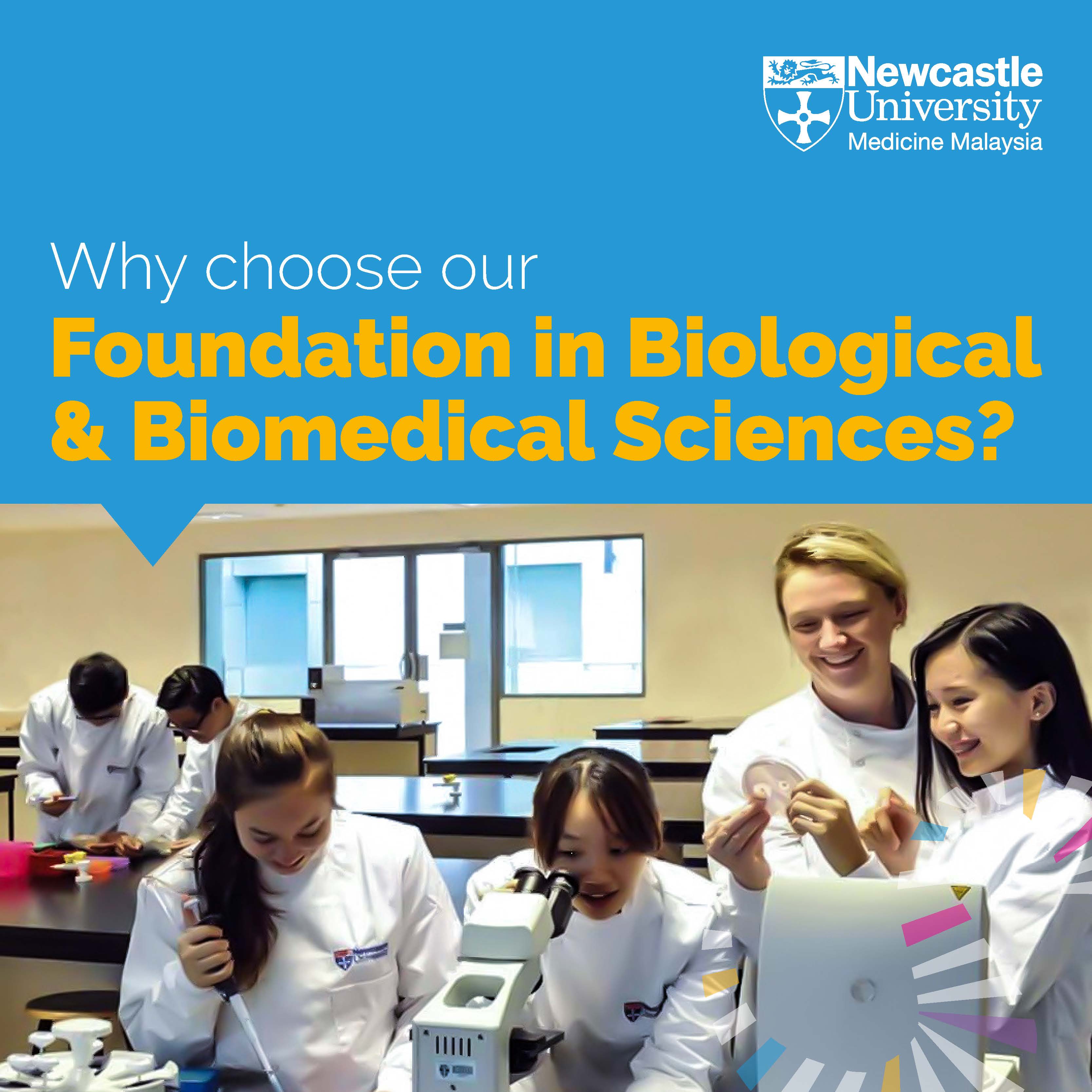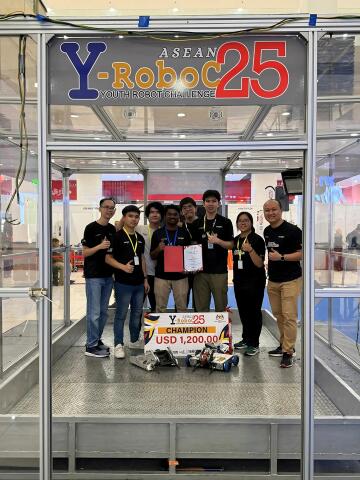A CLOSER LOOK AT VETERINARY SCIENCE
Do you have pets at home and have a passion for caring for animals? If the answer is yes, you should consider a career in veterinary science!

The area of medicine that concerns the causes, diagnosis and treatment of diseases and injuries of animals is called veterinary science. Veterinary clinics are commonly found in housing areas to cater to people who have pets such as dogs, cats, rabbits, hamsters, guinea pigs and birds among others. Individuals who practice veterinary science are commonly known as veterinarians.
What Do Veterinarians Do?
The main responsibility of veterinarians is to perform a wide range of medical and surgical treatment on animals whether they be domestic, zoo or farm animals. Veterinarians have expert knowledge related to animal physiology and nutrition to diagnose illnesses, prescribe medicine and perform surgical procedures. They also have practical skills when it comes to administering anaesthesia and vaccines to immunise animals from various diseases. In addition, veterinarians also carry out x-rays and ultrasound scans; as well as collect blood samples for testing. Besides that, veterinarians who own their own clinics have to oversee matters such as finances, promotional activities and latest practices in the industry. Some veterinarians also provide consulting to various animal owners including zookeepers. Sadly, part of the veterinarian’s job is to also euthanise old and terminally sick animals.
Subjects in a Veterinary Science Programme
A typical Doctor of Veterinary Science or Medicine programme takes five years to complete, similar to a medical degree. It is also important to make sure that the programme is recognised by the Malaysian Veterinary Council. Foundation subjects in a Veterinary Science programme include Veterinary Biochemistry, Animal Agriculture and Introduction to the Veterinary Profession. Later in the programme, students will learn more specific subjects such as Veterinary Anatomy, Physiology, Nutrition, Infection and Immunity; and Pharmacology, among others. Veterinary Science students will also learn about necessary clinical practices and complete a final year project.
Job Opportunities
Other than Veterinarian, there are more specialised positions in veterinary science such as Veterinary Surgeon, Veterinary Nurse, Veterinary Scientist, Veterinary Pathologist, Livestock Inspector, Livestock Veterinarian, Laboratory Animal Veterinarian, Pharmaceutical Researcher and Zoological or Wildlife Veterinarian. Employers of veterinary science students are veterinary practices, zoos, animal hospitals, animal charities and animal shelters. Those with experience can progress from practising to more research-based positions in pharmaceutical companies that create animal medicine. They also can consider teaching in higher education institutions.
Important Skills Needed
Firstly, veterinarians must have a passion for animals and a commitment to animal welfare. As it is a medical profession, it is important to have attention to detail, good motor skills, and patience and stamina, especially when it comes to surgery. Veterinarians must also be practical and emotionally strong as they will deal with difficult situations such as putting down sick animals. They also have to be able to communicate with their colleagues and clients in a clear and effective manner. Veterinarians who own their own clinic must have good organisational and management skills as well.
A career in veterinary science is extremely rewarding as you are able to help animals and their owners on daily basis. Although it is physically and emotionally challenging at times, those who have a soft spot for animals will find a career in veterinary science fulfilling and meaningful.
Advices





News from Institutions


















